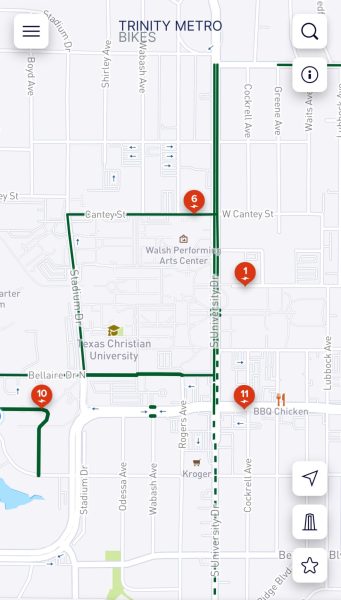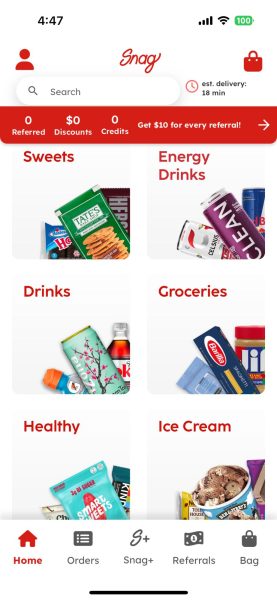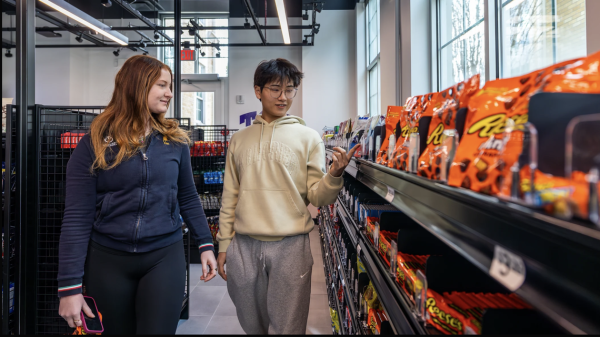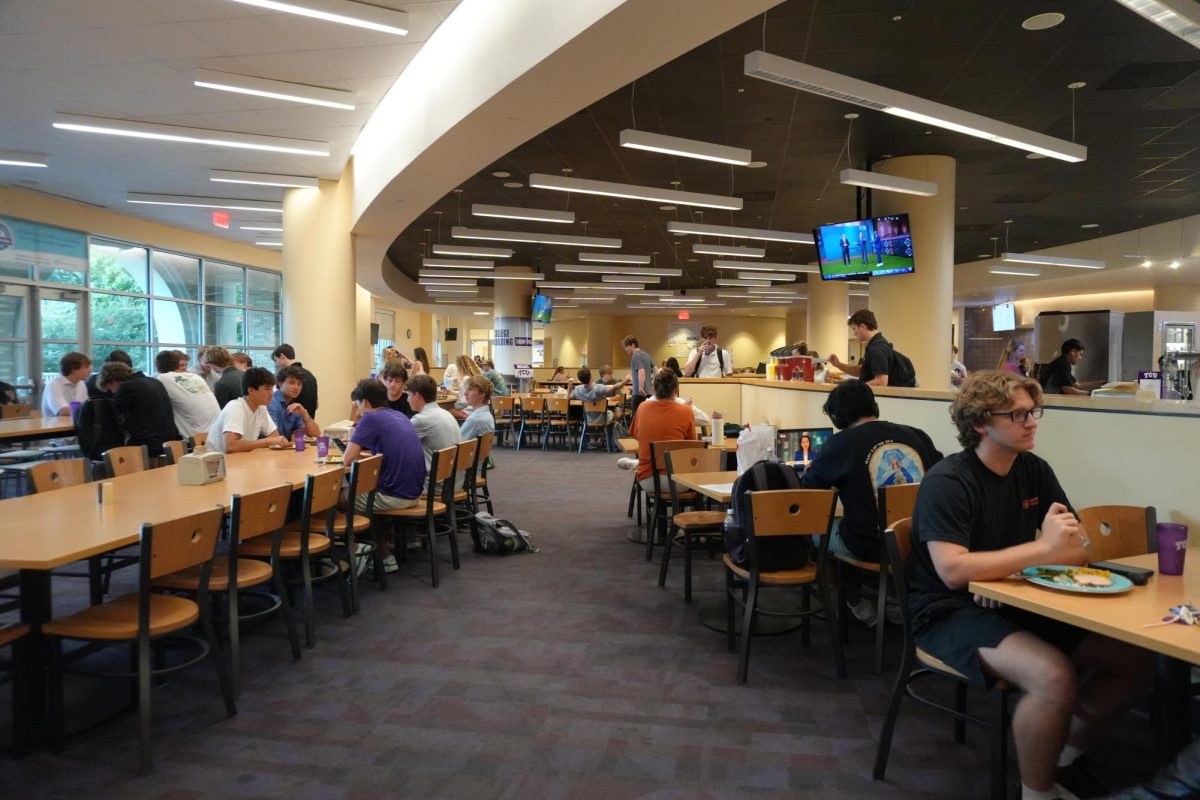Despite claiming to have more than 9,500 on-campus parking spots and distributing approximately 6,900 parking passes each year, the parking issue at TCU is undeniable. The problem is expected to worsen, as an estimated 1,200 parking spots will be removed by fall 2025.
“Phase one of the East Campus project will begin April 20, and phase two will start May 12, 2025,” according to TCU’s website. “It is unclear when the lots will reopen; some will not, as they will be transformed into residence halls or academic buildings.”
For commuter students, this will only worsen an already difficult situation. This year alone, 4,476 permits were issued despite only 4,150 designated commuter spots on campus.
Tier 1 permit holders will be allowed to park in all areas of campus, except for visitor and reserved spaces. All other students are being encouraged to use the shuttle service.
In an effort to combat the overflow, TCU is no longer permitting first-year students to bring vehicles. The five first-year parking lots are scheduled to close or be reallocated after this semester. As a result, reliance on alternative transportation is expected to increase. TCU offers a variety of reliable options available to all students.
FETII
Fetii is a popular ride-share service commonly used on campus. Like Uber, Fetii vans can pick students up at their desired on-campus location. The company gained attention for its unique transportation style: 15-passenger vans equipped with disco lights, music and a pay-per-rider feature. According to its Instagram, “Fetii aims to reduce traffic congestion and provide a superior transportation experience.”
Ride-share services
Uber and Lyft are ride-share services that allow users to book rides through a mobile app on their phone. Drivers can pick up students from various campus locations at any time. Ride fares vary based on vehicle choice and distance. Students can save through college-eligible discount programs. Uber One for Students offers a discounted membership of $4.99 per month and provides access to additional savings on Uber Eats. Lyft, however, does not offer a direct savings program. Instead, it partners with specific universities through its Ride Smart program, which is not currently offered on TCU’s campus.
Trinity Metro Bikes

Added to campus in 2021, Trinity Metro Bikes are a convenient way to quickly get from one side of campus to another, to the grocery store, or even down to University Park Village for some shopping.
There are three bike stations on campus: at the intersection of Cantey Street and Rogers Avenue, in Worth Hills, and on Lowden Street near the Mary Couts Burnett Library. By using the code “TCUBIKES,” students can register for a free annual pass, gaining access to both traditional and electric bikes. For quick errands, like running to the grocery store or grabbing a late-night snack, a variety of food delivery services are available. Uber Eats, DoorDash and Instacart are just a few of the options students can use. However, TCU also offers two unique services that make food delivery even easier.
Snag

Launched on TCU’s campus last year, Snag is a unique delivery service powered by college students. Orders are packed and delivered via electric scooters or e-bikes. Unlike mainstream delivery services, Snag can deliver orders directly to a dorm’s front door, rather than to designated pickup spots in campus parking lots. Snag also offers a wide variety of necessities from candy and snacks to groceries and dorm essentials. Students can order whatever they need through the app while earning rewards to save on future purchases. The average delivery time ranges from 5 to 20 minutes, making it a convenient option for students who need something quickly and cannot make it to the store themselves.
Shoppe at Wright

Opened in December, the Shoppe at Wright mimics an Amazon Go convenience store and serves the same purpose for students. Located in the Campus Commons on the west side of Wright Hall, the Shoppe at Wright offers students amenities such as self-serve coffee, quick meals, hygiene products and more. Acknowledging the busy student lifestyle, the shop features a checkout-free design that allows students to enter and exit by simply scanning their TCU ID or credit card. The payment method, whether a tap-to-pay card or TCU’s Campus Cash, is detected by the shop’s cameras and various sensors, which register purchased items. This specific food service helps students avoid the taxes and delivery fees typically associated with apps such as DoorDash.









